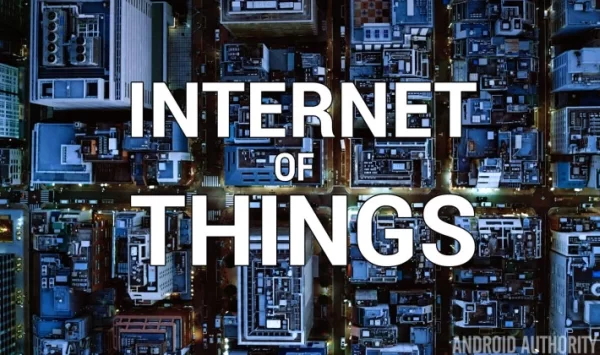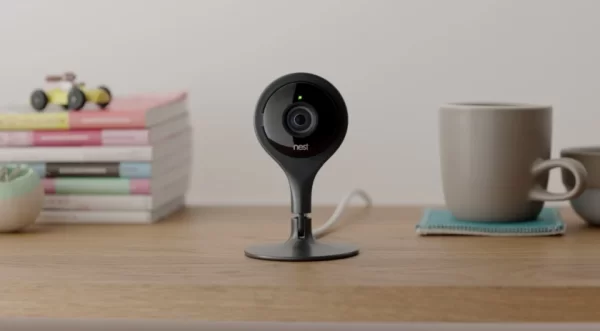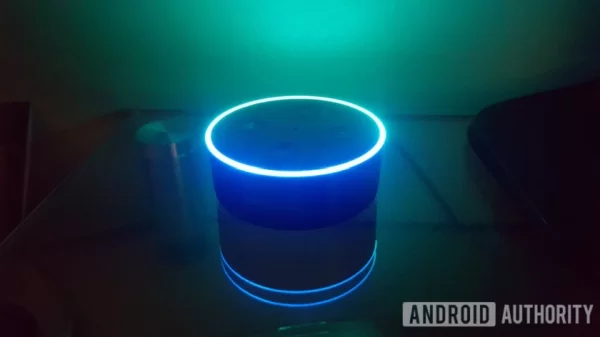The nature of work is about to change as Internet of Things (IoT) companies create countless new jobs in IoT security and data science.
The Internet of Things is one of those technologies we have been promised for the longest time. Like VR, people have been talking about IoT for decades as though it’s just around the corner. Each year, Internet of Things companies tell us “this is the year of IoT,” and each year, we get an expensive fridge that no one buys.
The global IoT market will be worth $14.2 trillion in 2030.
But IoT is coming. In fact, it is already here! There are currently 6.7 billion “data collecting devices” in use today, with 20 billion projected for 2020 according to Amazon. Gartner predicts there will be 25 billion connected devices by 2021, and Accenture suggests that the global IoT market will be worth $14.2 trillion in 2030 (as reported by CRN).
Read also: How to add more voice commands to your device
As IoT grows, it is going to have a huge impact on the job market. As a techie, you stand to benefit from this huge paradigm shift. However, you’ll need to expand your skill set to incorporate Internet of Things security and related technologies.
Market forces driving Internet of Things companies
How can we be sure that the Internet of Things is just around the corner?
Simple: the incentive for Internet of Things companies is too great for it not to happen.
The old-school internet (“the internet of pages”) has taken off in part for the same reasons IoT is about to take off: data collection. By watching our web browsing behaviors, companies are able to gather huge amounts of data about us and what we like. They can then display targeted ads, or sell that information on to third parties.
The scale of these data collection efforts is at once staggering and frightening. Companies track us across the internet using cookies, usernames, and even our social interactions and then take all that information to construct a comprehensive picture of who we They can infer demographic information, hobbies and interests, personality, job role, size of social network, financial situation, aspirations, and even when we’re most likely to be home!
The internet of everything has the potential to take this much further by collecting more data about us than ever before.
It’s an added bonus that the web also provides a perfect medium for marketing, not to mention hosting online stores and payment processing.
Internet of Things companies know that “the internet of everything” has the potential to take this much further by collecting more data about us than ever before. Likewise, IoT devices are capable of communicating with us in more ways than ever before, and even of automating our purchases.
The consumer is similarly incentivized by the convenience of IoT. We will spend less and save time. Without the latest connected home appliances, you’ll risk being left behind.
Finally, businesses also have the opportunity to benefit from IoT. Industrial IoT is a huge topic, and one that can have a huge impact on automation and quality control. Managers will be able to get information about the health of their various systems, to control them remotely, and to collect massive amounts of data.
A quick recap: What is the Internet of Things?
For those that are a little fuzzy on what IoT means exactly, allow me to refresh your memory.
The Internet of Things is a term that is broadly used to describe a future where everything is connected to the internet. That means not only your computer and smartphone, but also your fridge, your television, your front door, and your boiler. We’re already seeing this start to happen with smart locks, smart televisions, home assistants, and more.
This is not the Orwellian surveillance state we’ve all feared – at least not yet.
Suddenly, Internet of Things companies have access to information about how many people live in your home, how stocked your fridge is, and how healthy you are.
This is not the Orwellian surveillance state we’ve all feared – at least not yet. This information should be anonymous, obfuscated, and buried in extremely large data sets. But while that’s true, the data is still immensely valuable to companies that can use algorithms to anonymously show you ads for those things.
Read more: Internet of Things companies will dominate the 2020s: Prepare your resume!




